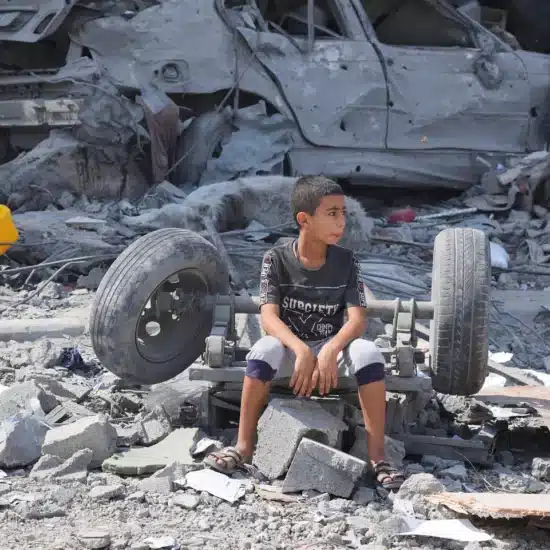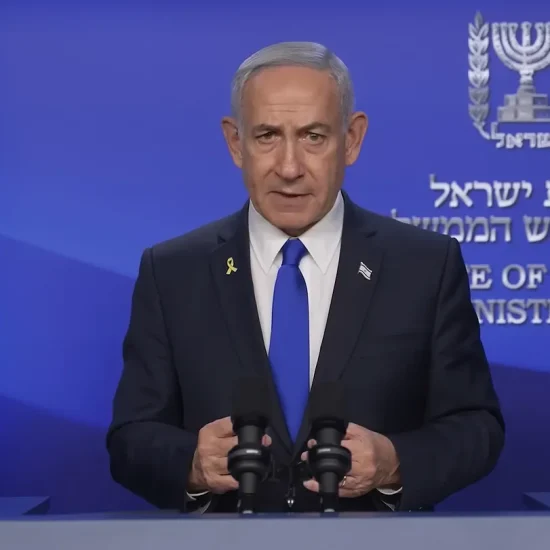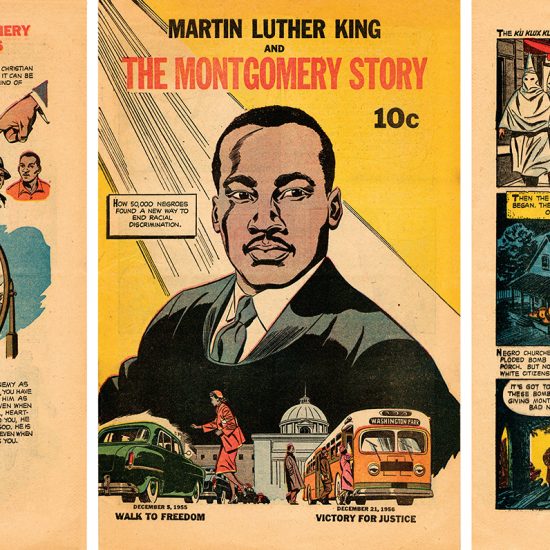In January, many churches study the baptism of Jesus as they walk through the Gospels from the Christmas stories in December to the Easter stories a few months later. Although occurring decades after Jesus’s birth, the baptism comes pretty quick in the biblical narratives.

Brian Kaylor
As we ponder that story, experts in Israel work to remove thousands of landmines from the area near the River Jordan and the traditional baptism site of Jesus. That’s right: One of the holiest sites remains surrounded by deadly landmines designed to keep people away.
After Israel wrestled control of the West Bank from Jordan in the 1967 Six-Day War, Israeli Defense Forces saw the area as of utmost importance — militarily speaking, that is. Since the River Jordan now marks the boundary between Israel and Jordan, land near the river marked the first line of defense. So, Israeli forces laid at least 6,500 mines in the 250 acres around Qasr el-Yahud, the area in Israel traditionally believed to be close to where the Hebrew people crossed the river while following Joshua and therefore also near where John the baptizer announced the arrival of the new Joshua (with the name ‘Jesus’ linguistically related to that of ‘Joshua’).
The actual site of Jesus’s baptism is most likely now across the river in the nation of Jordan because earthquakes moved the river westward over the past two centuries. I visited that site in Jordan a few years ago on a reporting trip paid for by the Jordanian tourism board. A spring still runs there and the ruins of an ancient church mark the spot believed to be where John baptized Jesus. Fortunately there are no mines there.
Walking a few minutes eastward and farther away from the river is where tradition says Elijah ascended into heaven on a fiery chariot and thus where the new Elijah (John the baptizer) lived as he munched on locust he baptized in honey. Like John (and Elisha before him), we walked from the ascension site down to the river. Unlike both of them, nothing miraculous occurred as I showed up — and the waters didn’t part for me like it did for Joshua, so my feet got wet in that muddy water. Standing there, the stories of the Old and New Testaments mix together in a way we sometimes don’t appreciate without an understanding of biblical geography.
But back over on the Israeli side, access to the River Jordan remains tricky. Seven old monasteries and churches have been abandoned for decades since mines covered the paths to them — and the holy buildings themselves have been boobytrapped with explosives. After working to clear a road, a path to the river finally opened in 2011, but people had to walk the straight and narrow since fields on both sides remained filled with hidden mines. Barbed wire and “danger” signs warn the pilgrims. Some pilgrims are baptized in the water, having made it safely through the valley of death.
Last year, efforts finally started to finish the work of demining the entire area, with about 50 acres cleared and plans to finish the other 200 acres this year. Some of the churches, sitting in quiet dust for decades, have reopened.
It’s almost like an update to the old vision of Isaiah and Micah about beating swords into ploughshares. Military personnel from both Israel and Jordan are assisting the effort to strip away instruments of death from a site celebrating the start of the public ministry of the Prince of Peace. Soon, monastery gardens will return, bringing fresh foods where once weapons of death sat. Life can spring back up in this holy area.
And in that lies a moral for us. Have we laid mines of sorts to keep ourselves or others away from where the Spirit moves? Are there certain passages or even books of our Bibles that we avoid like those pilgrims staying off the uncleared fields? Are we studying the biblical stories in church on Sunday but then seeing no connection with the news we see in the world on Monday?
May we stop using churches and holy ground as battlegrounds for destroying others. May we clear the obstacles that block others from experiencing the love and grace of God. May we allow the Spirit to fall on us.
Brian Kaylor is editor & president of Word&Way.






